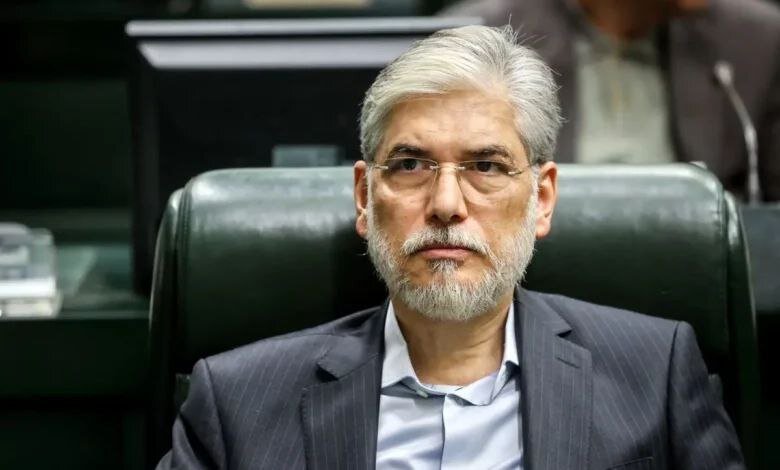Science minister attending UNESCO Session of General Conference

TEHRAN – Science Minister Hossein Simaei-Sarraf is participating in the 43rd Session of the United Nations Educational, Scientific and Cultural Organization (UNESCO) General Conference being held in Samarkand, Uzbekistan, from October 30 to November 13.
Every two years, the UNESCO General Conference convenes to determine the policies and major lines of work for the coming years. This is the first time the session is not held in Paris.
According to Simaei-Sarraf, the main objective is to develop and strengthen scientific cooperation between Iran and the participating countries, IRIB reported.
The session is centered around higher education in emergencies, ethics, and technologies, higher education, and skills development and training; Iran has a lot of experiences and knowledge in these fields, which it will share with other countries, Simaei-Sarraf said.
The main objective of higher education in Iran is to promote science diplomacy and to have active participation in fields such as education, culture, science, civilization, and history chairs, the official further noted.
He expressed hope that participation in the session would lead to bilateral and multilateral cooperation.
Iran utilizes UNESCO Chairs to strengthen scientific diplomacy
With 18 UNESCO Chairs in various fields, including education, natural sciences, social and human sciences, and communication and information, Iran is working to leverage the potential of these chairs to deepen scientific and research collaborations worldwide.
To highlight the importance of UNESCO Chairs in advancing scientific exchange, diplomacy, and sustainable development, the Iranian National Commission for UNESCO, in collaboration with the UNESCO Tehran Office, organized the first meeting of UNESCO Chairs in Iran, the UNESCO website announced in a press release on February 23.
Addressing the opening ceremony, Hossein Simaei-Sarraf, Minister of Science, Research, and Technology, who also serves as the President of the National Commission for UNESCO in Iran, emphasized the critical role of UNESCO Chairs in promoting scientific research and the exchange of knowledge across borders.
He called for increased support for these chairs, particularly in the cultural sector, and advocated for their expansion beyond Tehran to universities and institutions across the country.
The official noted that despite challenges such as financial limitations and international sanctions, Iran continues to make remarkable progress in fields like nanotechnology, biotechnology, and artificial intelligence.
Iran’s Ambassador and Permanent Delegate to UNESCO, Ahmad Pakatchi, for his part, emphasized the pivotal role of science in building bridges between nations and fostering global cooperation.
Secretary-General of Iran’s National Commission for UNESCO, Hassan Fartousi, emphasized the importance of strengthening national and international collaboration; he also highlighted the role of these chairs in addressing global challenges such as climate change, bioethics, and artificial intelligence, underlining their capacity to foster peaceful dialogue through scientific engagement.
MT/MG
Leave a Comment